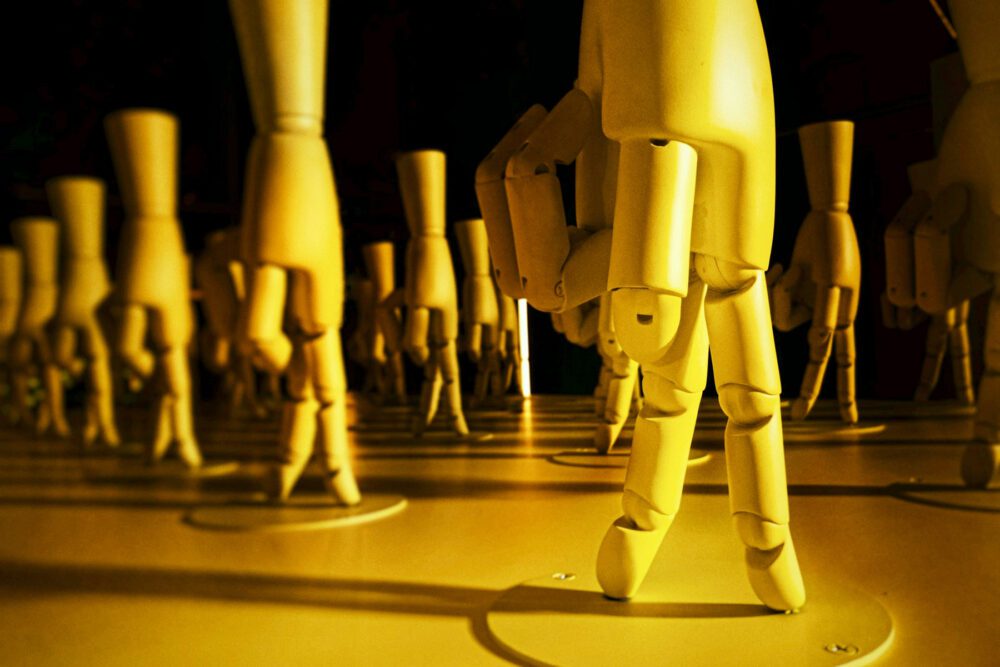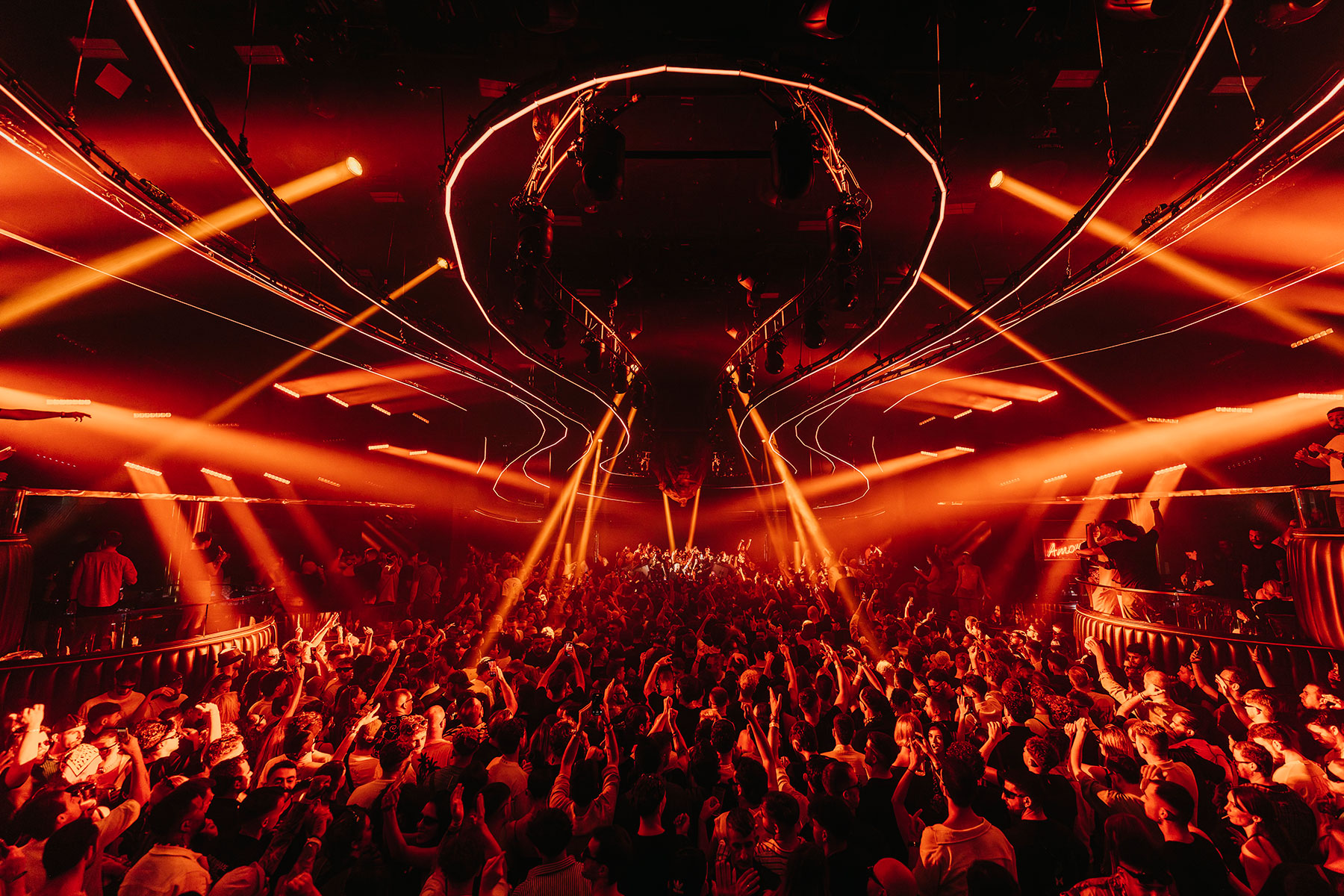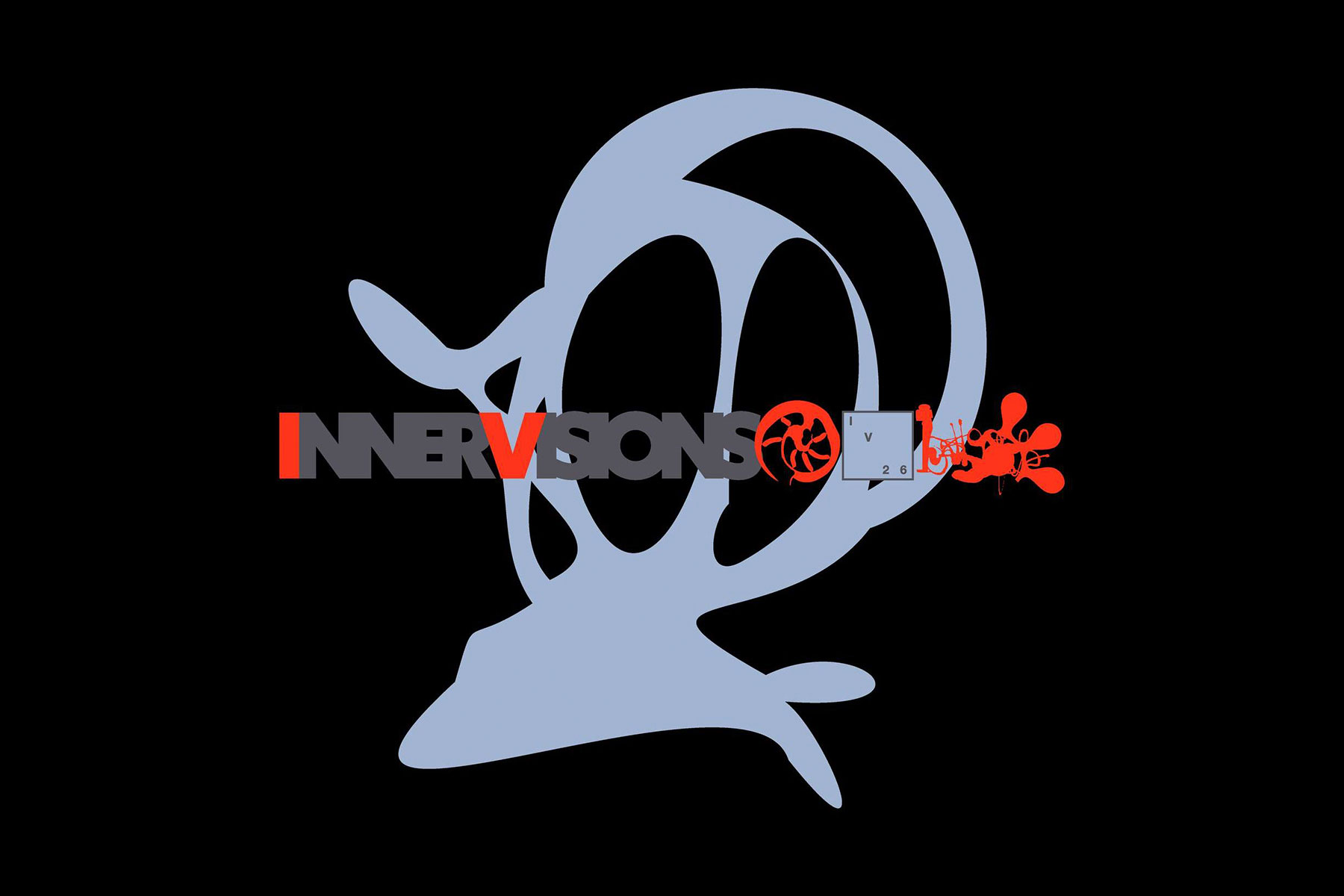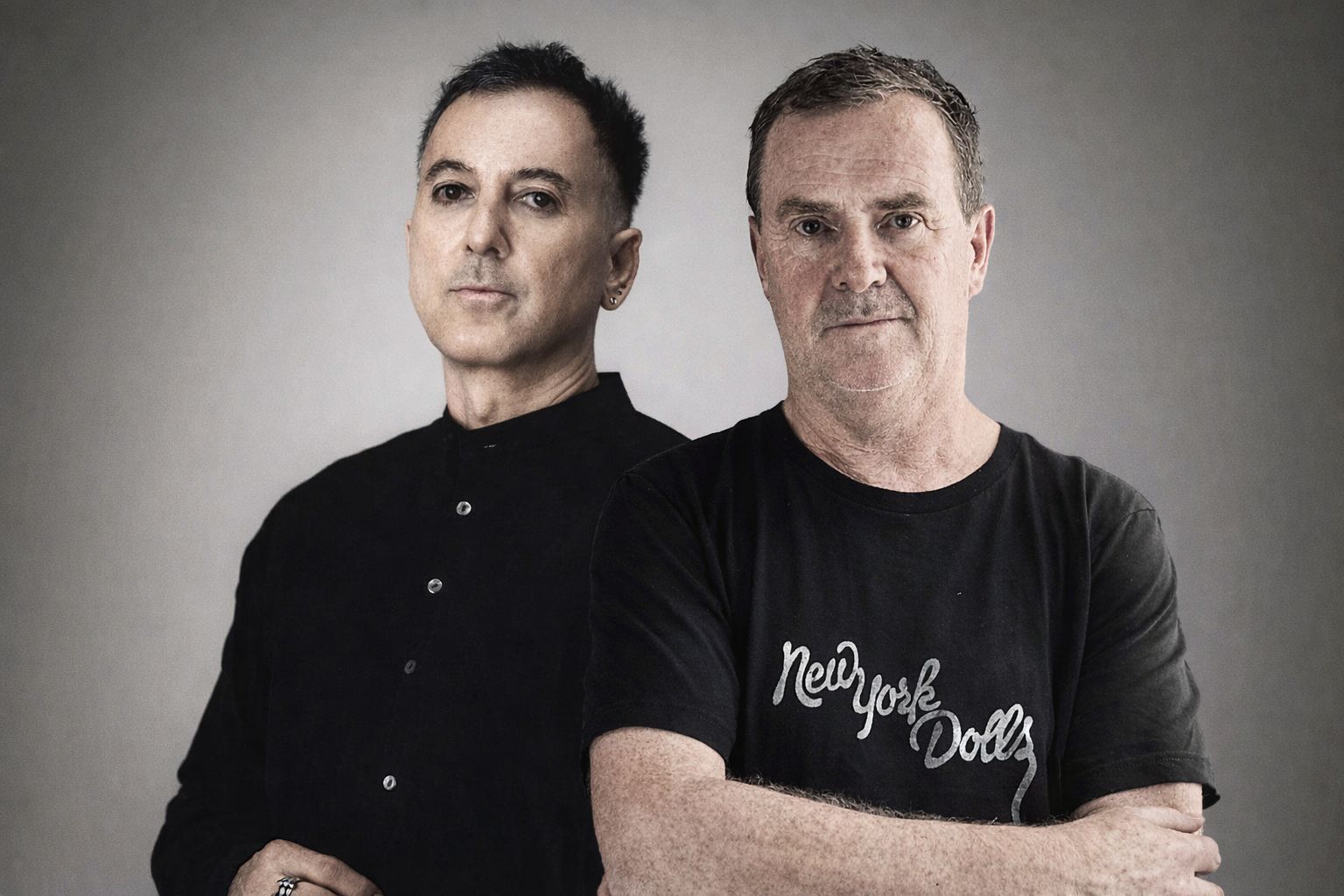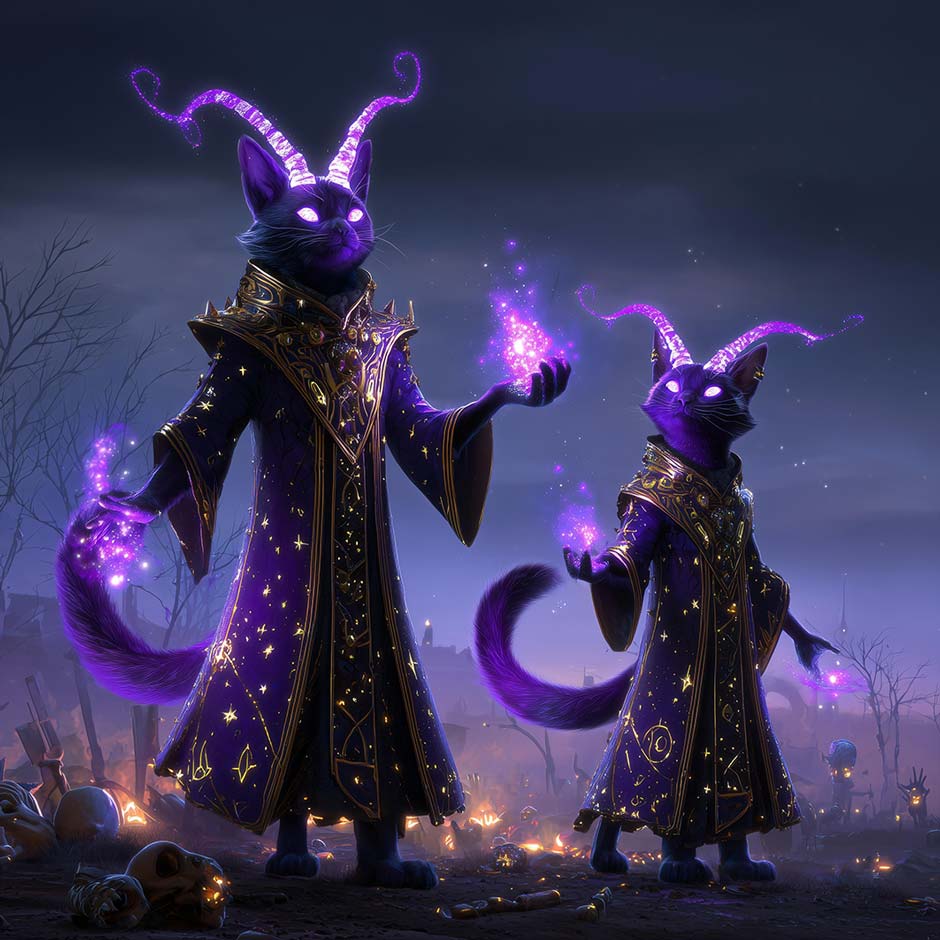There was a time when discovering new music meant curiosity, not comfort. You stayed up late recording radio shows onto Maxell tapes or chasing after half-heard IDs from pirate frequencies. Record shops were temples then. Half community center, half confessional booth. A place where DJs and obsessives traded gossip, swapped white labels, and tested each other’s taste. You’d hit those spots the moment you landed in a new city, because the bins told you everything you needed to know about a scene: what it loved, what it feared, what it was about to become. Then came Napster, LimeWire, and Soulseek. Digital wells where discovery still had an edge, a sense of trespass. You’d listen to that Dial-Up tone, wait hours for a file to crawl to completion, praying it wasn’t mislabeled or trash, and when it finally played, it felt like you’d earned it. Discovery wasn’t passive. It was an initiation. Each track carried the fingerprint of a person, a place, a moment, and that chain of connection made the music feel alive, untamed, and yours.
Photo by Jason Yuen on Unsplash
Now, discovery has been automated. The algorithm studies your habits, mirrors them, and builds a velvet cage around your taste. It feeds you what you already like, smoothing the edges until your world loops on repeat. The same playlists. The same names. The same hypnotic rhythm of predictability. For those who built their lives around the underground, this feels like losing the spark that made house and techno feel alive in the first place.
The algorithm isn’t the villain. It’s just a librarian with no imagination. It can sort your folders, resurrect old favorites, and keep your dopamine steady. But it will never surprise you. It won’t drop the record that changes your night, or the track that sends strangers nodding in unison. Algorithms replay your past; they don’t invent your future.
The underground was never about convenience. It was built by explorers and sustained by curiosity. It was a culture of seekers, people who hunted for the unknown, not because it was easy to find but because it was worth finding. That spirit has not vanished. It has simply moved to quieter, more human corners. To find it again, we have to rewire our own habits and start digging with intention.
Listen to selectors, not playlists. Real curation still matters. Seek out DJs and curators whose skill and instinct drive the mix. That is why the EG Podcast, EG Techno, EG After, EG Spotlight, as well as our other series continue to exist. Each mix is a journey through taste, experience, and emotion, crafted by artists who know how to tell a story. Partners such as When We Dip, Music Is 4 Lovers, and 8day Montreal, among many others, share that same devotion to selection, keeping discovery alive through their own communities.
Revisit your archives. Those old drives and USBs filled with forgotten mixes are time capsules. Early downloads, bootlegs, radio rips, and live recordings hold the DNA of your relationship with music. Listening again is not nostalgia; it is reconnection.
Follow labels, not moods. True discovery lives in catalogs, not algorithms. Explore the archives of Kompakt, Sudbeat, Mobilee, onedotsixtwo, The Soundgarden, Stil vor Talent, and our very own EG Records. Every one of them is a map of how electronic music evolves when no one’s watching.
Arrive early. The best discoveries happen before the peak hours. Opening DJs take risks, setting tones that bigger names rarely dare to explore. Those early sets still carry the energy of experimentation that once defined the culture.
Support independent radio. Platforms like NTS, Rinse FM, and Jolt Radio remain vital because they embrace unpredictability. They allow selectors to share music with no algorithm watching over their shoulder. Supporting these spaces keeps the ecosystem alive, ensuring the survival of underground culture, not just its convenience.
The truth is simple. Algorithms can organize your past, but will never define your next discovery. They cannot feel the moment when a track shifts your mood or brings a memory back to life. That connection still belongs to real people who share music because it matters. For those who grew up with the underground, this is not nostalgia. It is preservation. It’s about staying curious, keeping the hunt alive, remembering that the search was always half the thrill.
EG was created for that reason, to keep discovery human. To connect listeners, artists, and dreamers who understand that the groove only exists because someone cared enough to share it.
The groove was never designed for automation. It was designed for those who keep listening. The algorithm can feed you comfort, but only curiosity feeds the culture.


